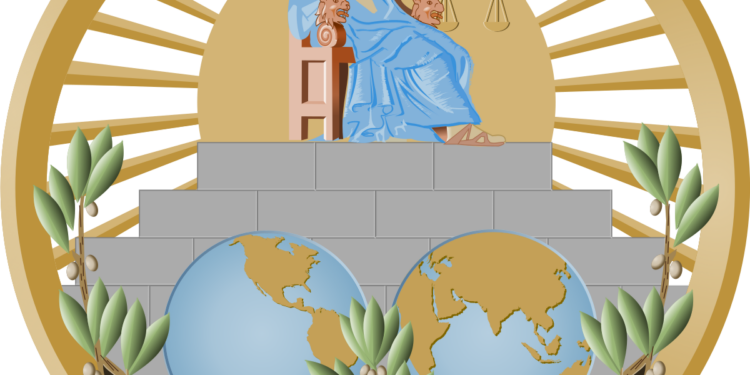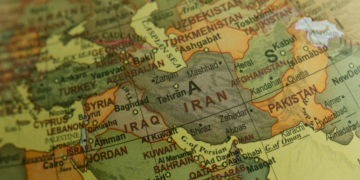On Sunday, May 12th, South Africa, backed by Egypt, intensified its legal battle against Israel’s military actions in Gaza by requesting the International Court of Justice (ICJ) to mandate an immediate Israeli withdrawal from Rafah. This legal move underscores the growing international concern over the humanitarian crisis unfolding in Gaza.
South Africa’s application to the ICJ argues that Israel’s operations in Gaza, particularly in Rafah, present an “extreme risk” to civilian lives and the overall humanitarian situation. The request includes demands for Israel to allow unimpeded access to Gaza for humanitarian aid, United Nations officials, and journalists. South Africa contends that these measures are crucial to prevent a humanitarian disaster and to protect the Palestinian population, which they claim is facing genocide.
Egypt has echoed these sentiments, declaring its support for South Africa’s case at the ICJ. The Egyptian Foreign Ministry criticized Israel’s continued aggression and systematic practices against Palestinians, including direct targeting of civilians and infrastructure destruction. Egypt’s involvement signifies a notable shift, given its historic peace treaty with Israel, highlighting the severity of the current situation.
The call for international intervention has been fueled by reports of massive displacements within Gaza, with approximately 300,000 Palestinians fleeing Rafah following Israeli military orders. The UN has reported severe overcrowding and a lack of basic services in areas like al-Mawasi, where many displaced persons have gathered.
Israeli forces have maintained that their military operations are in response to Hamas’ actions, including the October 7 attack that resulted in significant Israeli casualties. Prime Minister Benjamin Netanyahu has defended the Rafah offensive as necessary to combat Hamas despite international criticisms and calls for de-escalation.
The ICJ’s previous rulings on provisional measures requested by South Africa have emphasized the plausible risk of genocide in Gaza, instructing Israel to prevent any genocidal acts. However, the effectiveness of the ICJ’s orders is limited, as the court lacks enforcement mechanisms, making compliance largely dependent on Israel’s cooperation and international pressure.
This ongoing legal and diplomatic conflict at the ICJ highlights the complex interplay of international law, humanitarian concerns, and geopolitical strategies. As the situation in Gaza continues to develop, the international community remains closely attuned to the ICJ’s response and the broader implications for regional stability and international justice.










